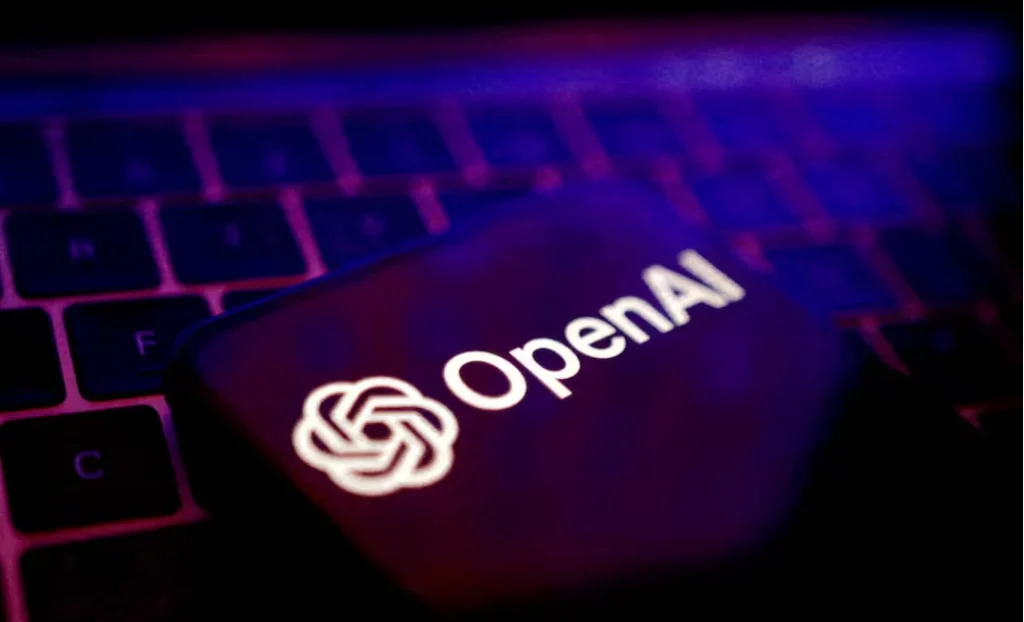As artificial intelligence continues to revolutionise industries, more companies are adopting an “AI-first” approach, but only a few have boldly made it public. Companies like Duolingo, Shopify, and Box are leading the charge, with CEOs outlining how AI will fundamentally reshape business operations, workforce structure, and strategic priorities.
What Does “AI-First” Really Mean?
While many firms are AI-curious or AI-ready, these organisations are making it clear that AI is central to their future. Shopify CEO Tobias Lütke and Duolingo CEO Luis von Ahn have sparked debate for their candid messaging, indicating they’ll only hire when AI isn’t sufficient and even phasing out contractors where AI can take over.
Investor and Employee Messaging
Experts like Gartner’s Arun Chandrasekaran suggest these announcements are not just for the public; they’re meant to assure investors and employees that the company is serious about embracing innovation and avoiding disruption. It’s a way to position the brand as a market leader rather than a follower.
Adam Brotman, co-CEO of consulting firm Forum3, adds that such declarations also serve to attract forward-thinking talent aligned with an AI-driven future.
Competitive Pressure and Strategic Positioning
You.com CEO Richard Socher highlights that businesses like Shopify face fierce competition and must quickly adapt to stay ahead. Declaring an AI-first strategy is a proactive response to industry shifts and evolving consumer expectations.
Risks and Reputation Management
However, experts warn that going “AI-first” comes with reputational risks. Chandrasekaran cautions that companies must be able to deliver on their AI promises; subpar experiences with AI systems can expose a gap between ambition and capability.
Take Klarna, for example. The company paused hiring in favour of AI but later reversed course after customer dissatisfaction, prompting a hiring spree for human agents. Similarly, Duolingo faced online backlash and negative app reviews after announcing plans to replace contractors with AI.
Messaging Matters
According to Brotman, it’s vital that “AI-first” isn’t misinterpreted as “anti-human.” He draws parallels to past trends like “mobile-first” and “digital-first,” which were never about replacing people but about prioritising emerging tech. The term “AI-first” should reflect a technology-driven strategy, not a dismissal of human contribution.
Will More Companies Go Public with AI Declarations?
While many companies are exploring AI behind the scenes, few are ready to publicly declare an AI-first vision. Chandrasekaran notes that many CEOs are still grappling with understanding AI’s full impact, and Brotman believes the window for these declarations may close soon as AI integration becomes standard business practice.
In the future, declaring your company “AI-first” may be redundant, because it will be expected.












